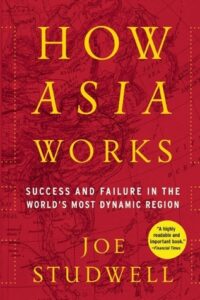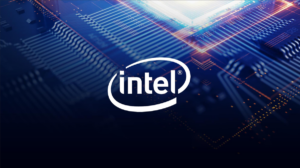When the economic history of our time is written, I’m afraid that Joe Biden’s Build Back Better plan will be seen as a mistake.

But we’re going about catching up in entirely the wrong way. We’re doing it from the top-down, with huge subsidies to companies like Intel and Tesla, which promise much but can’t deliver because they’re so large.
Every organization, public or private, that scales will grow a thick hide of bureaucracy. Bureaucrats are people whose interests look toward the organization’s health more than its mission. (You’ll do this the first time you hire an accountant.) Any subsidy will be seen in relation to the whole. Handing $1 billion to a $100 billion company means a lot less than handing $1 million to a $3 million company.
The latter is what China did. As Joe Studwell wrote in “How Asia Works,” China put out big hunks of money for entrepreneurial companies, the subsidies withdrawn as some proved themselves globally competitive. The result was that it developed a few world class companies like BYD in batteries (and thus cars), and Tongwai Solar, now the world’s largest maker of solar panels.
America still pursues this policy when it comes to health. The National Institutes of Health (NIH) supports entrepreneurial scientists, some of whom will develop great health companies, Studwell notes. But writing big checks to the politically connected doesn’t work, because the recipients will be focused on the political connection, not the mission.
Works with People, Too

What’s true for companies is also true for people. The idea that we should import rich, educated people from Europe is asinine. It makes much more financial sense to seek out the young, scrappy, and hungry. While most won’t become more than middle class, you’re far more likely to find a Jensen Huang that way. Scholarship programs work better than legacy admissions for the same reason.
You never know where true genius will be found but you’re most likely to find it where you least expect it, with someone whose mind lives off the beaten path. Supporting a lot of roads less traveled by makes economic sense.










